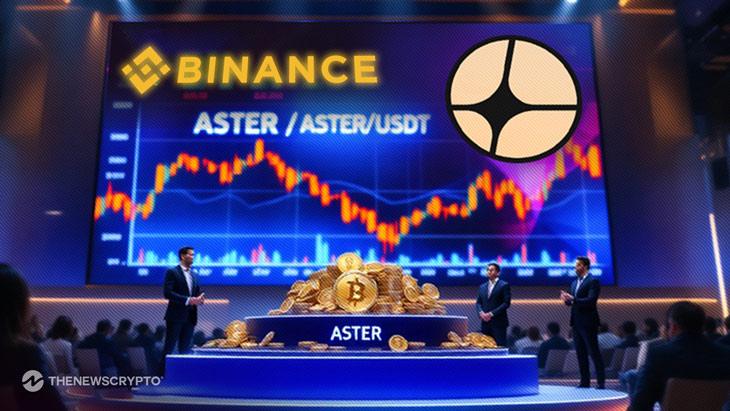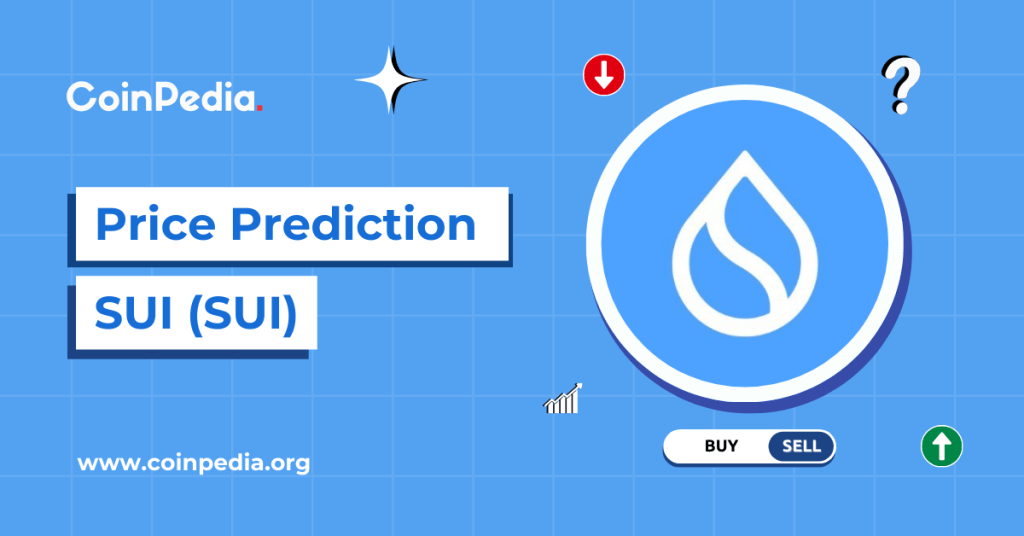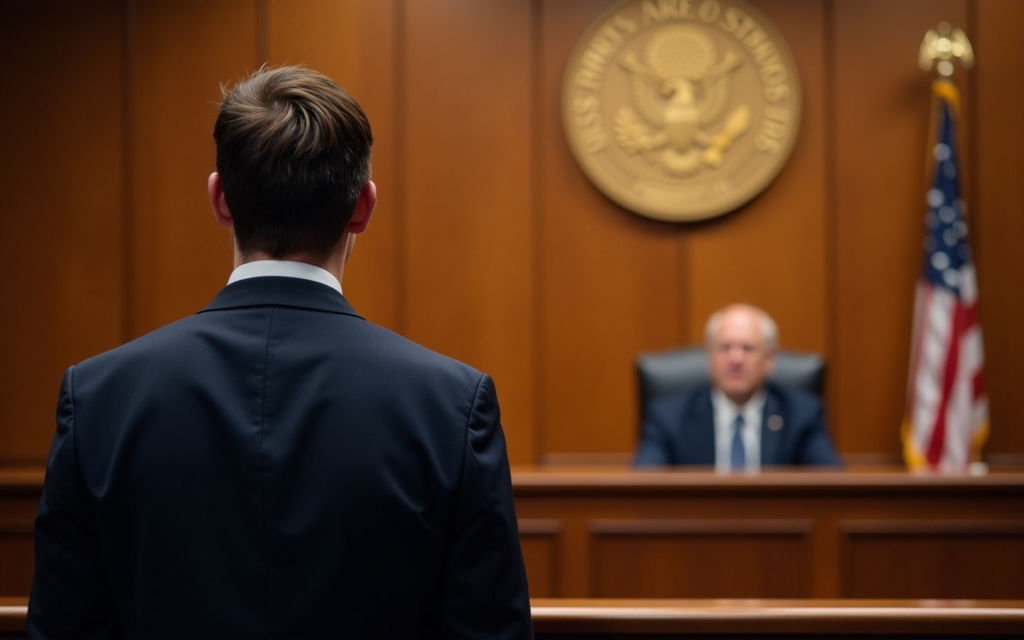- A US federal appeals court has overturned the fraud conviction of former OpenSea manager Nathaniel Chastain.
- The court ruled the jury was improperly instructed.
- Circuit Judge Steven Menashi said fraud must involve deception tied to a commercial property right.
After being convicted in the first-ever NFT insider trading case, former OpenSea product manager Nathaniel Chastain found new hope this week as a US federal appeals court overturned his conviction.
In a decision handed down Thursday, the Second Circuit Court of Appeals in Manhattan ruled that the jury in Chastain’s 2023 trial may have been misled by flawed instructions, potentially convicting him for unethical behavior rather than a clear-cut violation of federal fraud law.
However, the Second Circuit Court of Appeals ruled that the jury had been given improper instructions, which may have led to a conviction based solely on unethical conduct rather than a clear violation of federal fraud statutes.
Why is the decision being appealed?
The court concluded that Chastain was convicted without solid proof that he misappropriated information qualifying as a property interest of OpenSea. This is an essential requirement under the wire fraud statute.
“If the wire fraud statute criminalized conduct that merely departed from traditional notions of fundamental honesty and fair play, almost any deceptive act could be criminal,” Circuit Judge Steven Menashi said.
Chastain’s legal team argued that the information he used—namely, which NFTs would be featured on OpenSea’s homepage—did not constitute property in the legal sense.
Another defense argument was that OpenSea itself profited from the transactions, as it collected fees on every trade conducted on its platform, including Chastain’s.
Menashi stressed that fraud must involve deception tied to a property right, not merely dishonest behavior.
Justice delivered five years later?
This decision is a major development that may influence similar cases in the future.
By determining that the misuse of confidential information must involve a clear property interest, rather than just ethical lapses, the ruling narrows the scope under which prosecutors can bring wire fraud charges tied to NFTs or blockchain-based data.
The case dates back to 2021, during the NFT boom. Chastain allegedly used secret wallets to buy NFTs he knew would be displayed on OpenSea’s front page. These featured listings typically led to price surges due to increased visibility and buyer demand.
Once the NFTs gained value, Chastain sold them for a profit, earning around $57,000 from 15 NFT trades, according to court filings.
The scandal first surfaced in September 2021 when a Twitter user flagged suspicious wallet activity linked to an OpenSea employee. On-chain analysts traced the transactions back to Chastain.
OpenSea later confirmed the allegations in a public statement, calling the incident “disappointing” and a breach of company values. The company introduced stricter internal policies, including a ban on employees trading featured NFTs or using confidential information for personal gain.
Following a federal investigation, Chastain was arrested in June 2022 and charged with one count each of wire fraud and money laundering.
US Attorney Damian Williams said that although the situation and technologies were new, “this was still fraud, plain and simple.”
In May 2023, a jury found Chastain guilty on both counts. He received a three-month prison sentence, three months of home confinement, a $50,000 fine, and was ordered to forfeit the crypto proceeds from his trades.
Months later, in September, Chastain withdrew his bail application and began serving his sentence while his legal team pursued an appeal.
The ruling clears the original conviction and sentence but not the underlying allegations. Federal prosecutors can still pursue a retrial under corrected legal guidance, though it’s likely the case will be dropped unless new evidence or a different legal theory emerges.
Defense attorneys welcomed the decision, calling the original verdict a “miscarriage of justice.”








